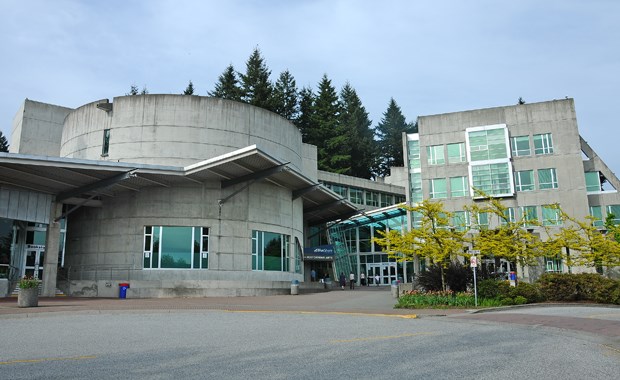Capilano University has passed the school's 2014 budget and a policy that will ostensibly bring it in line with a judge's ruling to make last year's program cuts legal.
After running into a $1.4-million budget shortfall last year, the board cut a number of non-degree granting programs including studio art, textile art, commerce and computer science. The Capilano Faculty Association took the administration to court over the cuts because the board failed to develop a policy on the discontinuance of courses that had been vetted by university senate as required under the University Act. The judge's ruling specified that the policy must apply not only to programs coming under the knife this year, but also the ones cut last year - an awkward task for the board members who lack a time machine.
The board delayed passing the budget last month in order to send its draft policy to the senate, which made comments on it but did not pass any directly related resolution. The board passed an interim discontinuance policy Tuesday night, intended to be revisited and developed with more consultation, starting in the fall.
But big concerns linger among some faculty, senate and board members about the way the new policy is applied and the lack of detail it contains about process so the university may not yet be out of the legal woods.
"I think the discomfort here tonight was people going back and saying 'Nothing that's in that policy reflects what actually happened with the programs from before," said association presidentelect Brent Calvert. "As far as following up directly on the decision tonight, that's something that will have to be discussed at the executive and discussed with membership to see what are options are. There certainly are options."
The vast majority of board members, however, were content the policy will bring them into compliance with the University Act.
This year's budget challenged the board and staff to come up with fiveper cent cuts across each department in order to offset a $2.2-million shortfall. While the board may have slayed the deficit dragon this year, next year's budget is already looking more ominous, with less fat to be cut.
"My program can't go through another five per cent next year and I know most programs that found five per cent couldn't do it again,"
said Stephen Williams, board and faculty member in the music therapy program. "On a services level in the past couple of years, we've got to a leanness that's starting to hurt."
That sentiment was echoed by newly appointed chancellor Ken Haycock who stressed the discontinuance policy is going to become a highly important part of the budgeting process unless Cap can get out of its position of being the
second-lowest funded post-secondary school in B.C., including colleges and universities.
"I personally don't think anyone should be under the illusion that can be done again so what you have to start looking at is what are the programs you're going to protect at this underfunded level and which one's you're going to have to let go," he said.
The province has signalled it will continue to reduce university operating
grants in favour of courses that contribute to the B.C. Jobs Plan, mainly aimed at getting skilled trades workers into the oil and gas extraction careers.
"We at Cap have none of those programs in our mix currently and maybe shouldn't," said Kris Bulcroft, university president. "The dance we're going to have to do with the government is going to be an interesting one, indeed."
Today, there still remains some protest art on campus
by former studio arts students and those who graduated protested at their convocation ceremony last week by removing their grad gowns on stage.



